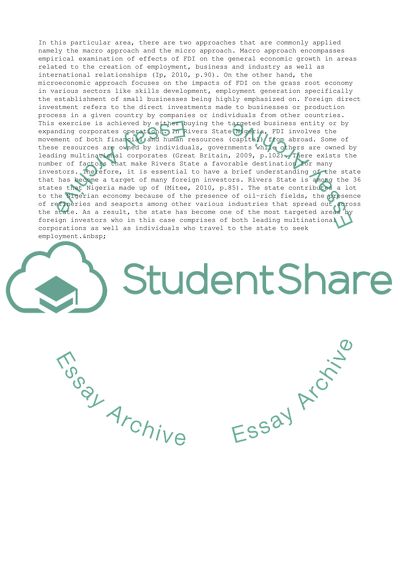Cite this document
(“The Determinants of FDI in Nigeria and its Effects on the Growth of Research Proposal”, n.d.)
Retrieved de https://studentshare.org/business/1635010-the-determinants-of-fdi-in-nigeria-and-small-scale-business-development-a-case-study-of-smes-in-rivers-state
Retrieved de https://studentshare.org/business/1635010-the-determinants-of-fdi-in-nigeria-and-small-scale-business-development-a-case-study-of-smes-in-rivers-state
(The Determinants of FDI in Nigeria and Its Effects on the Growth of Research Proposal)
https://studentshare.org/business/1635010-the-determinants-of-fdi-in-nigeria-and-small-scale-business-development-a-case-study-of-smes-in-rivers-state.
https://studentshare.org/business/1635010-the-determinants-of-fdi-in-nigeria-and-small-scale-business-development-a-case-study-of-smes-in-rivers-state.
“The Determinants of FDI in Nigeria and Its Effects on the Growth of Research Proposal”, n.d. https://studentshare.org/business/1635010-the-determinants-of-fdi-in-nigeria-and-small-scale-business-development-a-case-study-of-smes-in-rivers-state.


